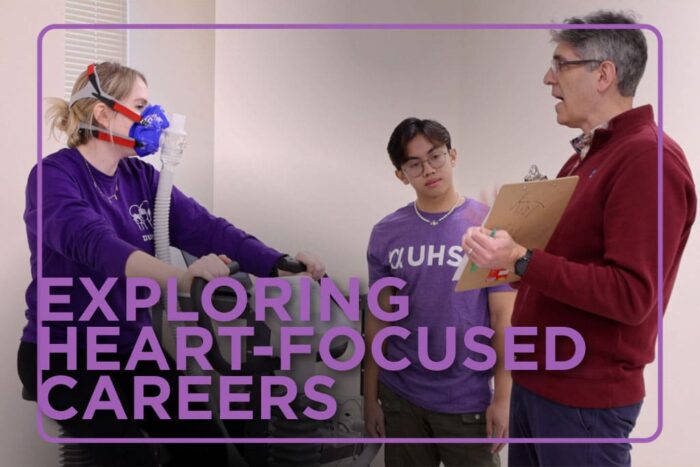
Important Higher Education Terms
As you begin your college search, you might come across some words or phrases that you don’t know or seem confusing. Use this glossary of higher education terms as a guide as you research and explore colleges.
Colleges can speak differently about so having an understanding of these higher education terms can better help you compare and contrast your options on an equal playing field.
College vs. University
Colleges usually offer bachelor’s and associate degrees and can include technical schools, liberal arts colleges or community colleges.
Universities also offer undergraduate degrees, but many also have graduate or professional program offerings. Many also have colleges within the university that are specialized.
Generally, the word college is used to refer to both colleges and universities. You may hear about the college experience or preparing for your college search. These references encompass both colleges and universities.
Undergraduate vs. Graduate Program
Undergraduate programs include associate or bachelor’s degrees pursued when you first enter college.
Graduate programs are advanced degrees like master’s or doctorates, focused on growing knowledge or conducting research in a particular field. You must have an undergraduate degree to enter these programs. Common master’s programs include a Master of Business Administration (MBA) or Doctor of Philosophy (PhD).
Professional programs also help you gain an advanced degree but are focused on developing skills in a particular field, like medicine (M.D.) or pharmacy (Pharm.D.). A bachelor’s degree is not required for many professional programs as long as you’ve completed all necessary prerequisite coursework, unlike a graduate program which typically requires a bachelor’s degree for entry.
Bachelor of Arts (B.A.) vs. Bachelor of Science (B.s.)
A Bachelor of Arts (B.A.) is a four-year undergraduate degree that focuses coursework on liberal arts like communication, sociology or other holistic studies.
A Bachelor of Science (B.S.) is a four-year undergraduate degree that focuses on sciences, math and technology.
Major vs. Minor
Your major will be the primary focus of your undergraduate degree like engineering or communications. To take the pressure off deciding during high school, you can also start out as a general studies major or “undecided” until you figure out what you would like to specialize in.
You can also declare a minor during your undergraduate studies that is a secondary area of focus that can complement your major but requires less hours.
Private vs. Public
Private colleges and universities get their funding from donations, endowments, tuition and grants. They can also tend to offer a smaller, more intimate learning environment.
Public colleges and universities rely on state government funding and can typically be larger institutions with larger class sizes.
Academic Year vs. Academic Term
An academic year is one complete year at the same college or University, while an academic term is how the academic year is broken up, either by semesters, trimesters or quarters.
Semester vs. Quarter
A semester is how an academic year is broken up. It consists of two 16-week periods in the fall and spring, with most academic years having two semesters. A quarter can sometimes replace a semester as four 10-week periods in an academic year.
Full Time vs. Part Time
A full-time undergraduate student is enrolled in at least 12 college credit hours a semester. Many scholarships and financial aid programs will require you to be enrolled as a full-time student to receive funding.
Part-time student status is assigned to those taking less than 12 credit hours a semester. Most college credit courses are three-hour credits.
Early Action vs. Early Decision
Early action means you have been accepted to a college or university, but do not have to commit until regular application deadlines in May.
Early decision candidates apply to only one school and must attend the school they apply to. Once you agree to early decision, you must withdraw your applications at other institutions.
Many institutions have moved away from early action and early decision and now only offer regular decision admission, which simply means you apply and are accepted or denied in the regular process.
Bookmark this list of common higher education terms to easily reference as you move through your college search.


